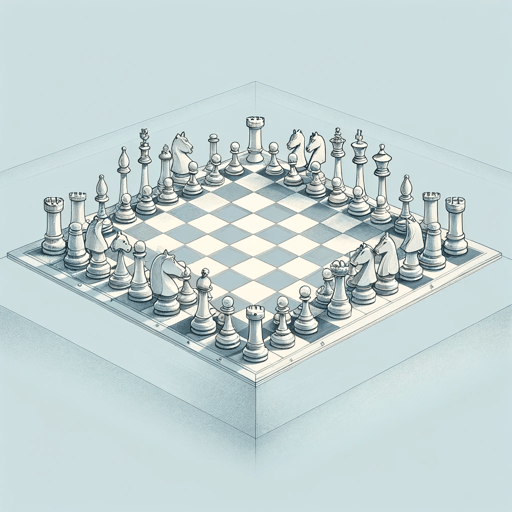63 pages • 2 hours read
Henry KissingerDiplomacy
Nonfiction | Book | Adult | Published in 1994A modern alternative to SparkNotes and CliffsNotes, SuperSummary offers high-quality Study Guides with detailed chapter summaries and analysis of major themes, characters, and more.
Background
Historical Background: American Realism After the Cold War
Content Warning: This summary contains some descriptions of the effects of war and follows a Eurocentric, androcentric perspective on global affairs, history, and society. This book also contains problematic and offensive arguments about the United States’ role in global politics and its treatment of such nations as Vietnam, Cambodia, and Chile, minimizing the atrocities of the interventions in these places.
Henry Kissinger is one of the best-known American representatives of the so-called realist tradition of international politics. Dating back to the period between the world wars, but drawing inspiration from philosophers like Niccolò Machiavelli and David Hume, the realist tradition understands itself as studying the often harsh facts of political life, free from any ideological bias. This understanding is often perceived as being especially difficult, and therefore necessary, for the United States, with its public philosophy dedicated to individual rights and a steadfast belief in the power of well-intentioned people to make the world a better place. For early realists, the ultimate manifestation of this impulse was President Woodrow Wilson, whom Kissinger discusses in the Chapter 2 of Diplomacy. With the end of the First World War, Wilson sought an entirely new international system based on the freedom of nations to elect their own leaders, disarmament, free trade, and diplomacy conducted in public rather than secret.
Related Titles
By Henry Kissinger



